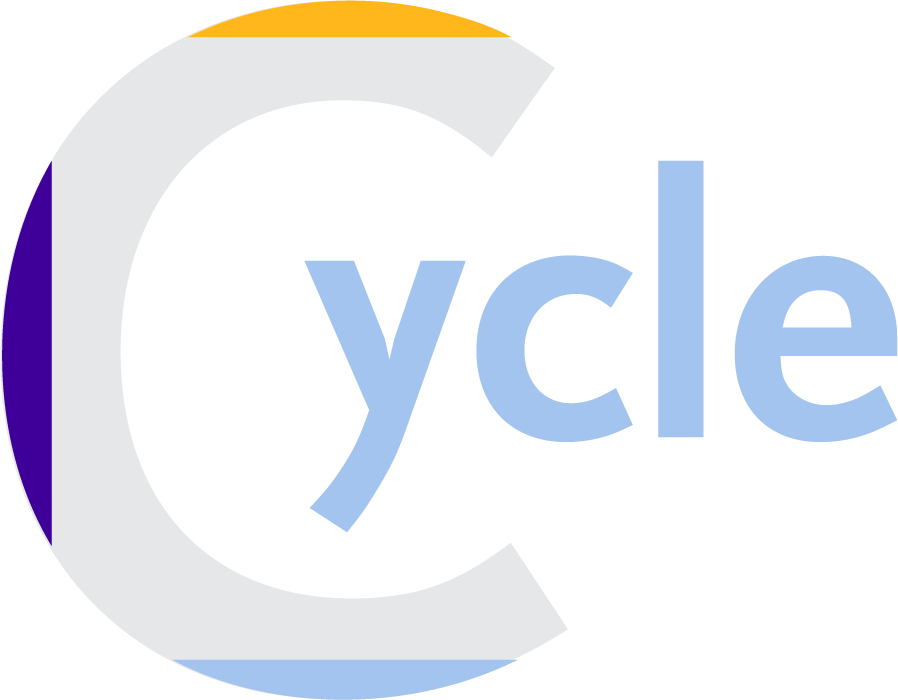CYCLE’s executive director featured in interview with Organizing Engagement!
CYCLE’s Executive Director, Keith Catone, is featured in the July 20 interview on Organizing Engagement. Organizing Engagement is an online publication dedicated to advancing knowledge, understanding, and practice at the intersection of education organizing, engagement, and equity. The website collects principles, models, and policies, and then shares them in the form of introductions, interviews, profiles, and other content. Organizing Engagement recognizes leaders, thinkers, organizers, and practitioners who are making invaluable contributions in their fields by providing a forum that allows them to speak about their work and what they’ve learned over the years. The interviews feature a diversity of voices on education organizing, engagement, and equity sharing their journeys, insights, and wisdom in their own words.
Keith spoke with editor Stephen Abbot about teacher leadership, community organizing, and prioritizing CYCLE’s idea of an “organizing disposition” in the field of education leadership. While supporting and following the leadership of those who are most impacted by challenges and issues facing our communities is always important, the imperative to do so now is even more clear in the context of the global COVID-19 pandemic and the Black Lives Matter movement for racial justice. Below is an excerpt from the interview about the importance of teachers and principals sharing power with students, families, and communities.
Q4: You just spoke about this briefly, but you and your team at CYCLE have identified the inability to share power as one of the principal challenges that needs to be addressed in student, family, and community engagement. Let’s unpack this concept a little more. How would you define power sharing and how does it typically work in practice?
I wonder if it’s not so much about anyone’s “inability” to share power as much as it is about people being unwilling to share power. American individualism and our capitalist culture do not encourage power sharing. In fact, there is a mainstream belief in getting your own piece of the proverbial pie. In other words, we’re taught from an early age that resources are scarce, there are winners and losers, and that our success is predicated upon our individual abilities to win. When we win, others lose, but we’re taught this is okay because we deserve to win when we work hard and that, conversely, those that lose must not be good enough or work hard enough—that they are undeserving. At CYCLE, we believe that power is not a finite human resource, and that leaders do not lose power when they share power. In fact, when people work collectively and in partnership, then power can be generated. You can actually end up with more power than before, as the product of collective thinking and action.
Organizers use a definition of power that’s instructive: power is the ability to influence decision-making toward a desired outcome. Having first heard this from long-time community organizer, Ernesto Cortes, I often refer to the Spanish translation for power to illustrate the concept: power has meaning as both a noun (power) and verb (to be able to). Our power is therefore represented by our ability to do things and accomplish things. In the context of schools and educational justice, it’s really about our ability to realize the conditions that will result in equitable outcomes. As long as one group of people or individuals maintains its unilateral power at the expense of others—if it’s framed as a zero-sum game—we will not achieve educational equity or justice. Yet if we start to focus on relational power, we will begin to realize that we are actually capable of doing much, much more together than we could ever do on our own. In other words, relational power is generative.
Read the rest of the interview at Organizing Engagement!

